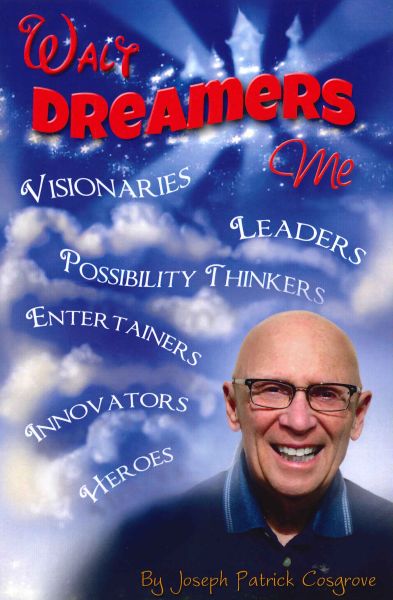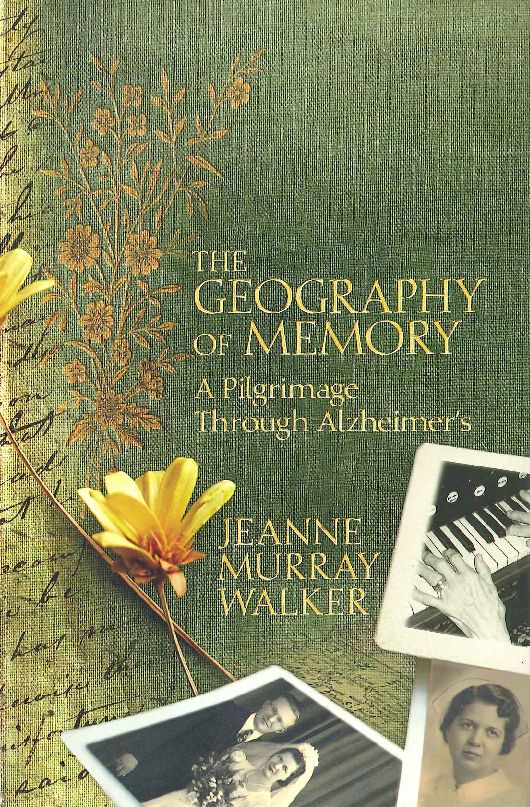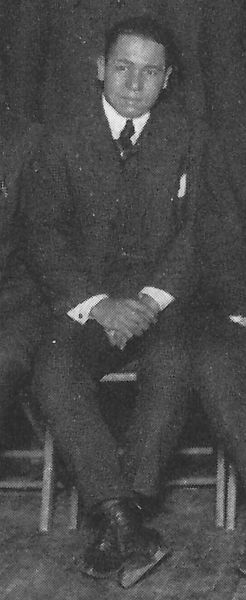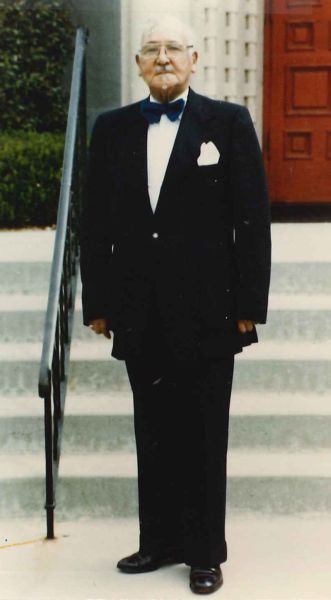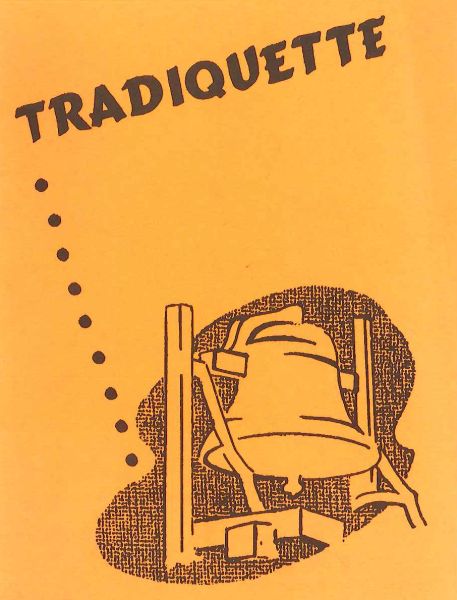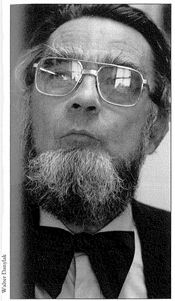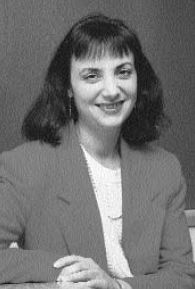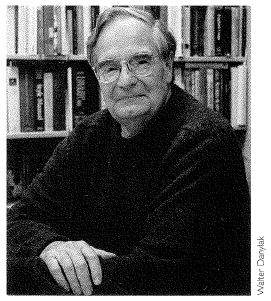Since September 11 there has been a lot on my mind, and there has been a heaviness on my shoulders that is associated with the privilege and responsibility of serving as Wheaton’s chaplain in these days.
For this generation of students, the charged atmosphere brought about by catastrophic world events is unprecedented. Columbine comes closest, and maybe Oklahoma City. But Vietnam and even the Gulf War are off the radar screen for most students. Korea and Pearl Harbor are ancient history. For that matter, even those of us on the faculty and staff at the College have never faced the kind of assault on American turf that we have witnessed.
During these difficult moments, we are finding that the resources of our Christian faith and the value of living in Christian community are becoming near and dear. Wheaton College is a good place to be right now, even for students who are many hours from home.
Shortly after the hijacked planes hit the World Trade Center and the Pentagon, a special chapel service was called for the College community. Within hours of the attacks, students, faculty, and staff were assembled in Edman Chapel reading Scripture and praying to our heavenly Father. We were together in worship when we needed to hear from God and to speak to God.
Classes were not dismissed on September 11, and that was a good decision. But we followed the news reports on televisions around campus, and phone calls were made to family and friends. Caring faculty assisted students in processing the events that were shaking our world, and don’t think that students didn’t minister to professors as well. We were together in community, trying to understand, assisting each other in struggling to focus the lens of our Christian worldview on the events of the day.
As most Wheaton alumni remember, it is our tradition to designate a passage of Scripture as a “year verse.” The verse for the 2001-02 academic year is Hebrews 13:20-21, the words of a blessing, a benediction that reminds us of our position in Christ and our resources in God: “May the God of peace, who through the blood of the eternal covenant brought back from the dead our Lord Jesus, that great Shepherd of the sheep, equip you with everything good for doing his will, and may he work in us what is pleasing to him, through Jesus Christ, to whom be glory for ever and ever. Amen.”
Little did we realize months ago when this text was chosen that we would be in such need of this reminder of our resources in the God of peace. The letter to the Hebrews was written to people of faith whose faith was being tested. They needed to be reminded of what they knew but what they were struggling to hold on to.
The letter to the Hebrews is more than a letter; it is a sermon. It’s an encouragement, and it’s a reminder. In my role as chaplain, that is my goal—to encourage and to remind. In these days it is my duty and delight to point our community to the God of peace. This is a title for our Lord that we need to savor right now. In the midst of very uncertain times, it is important for us to understand with our minds and to embrace with our hearts the God of peace and the peace that God gives.
